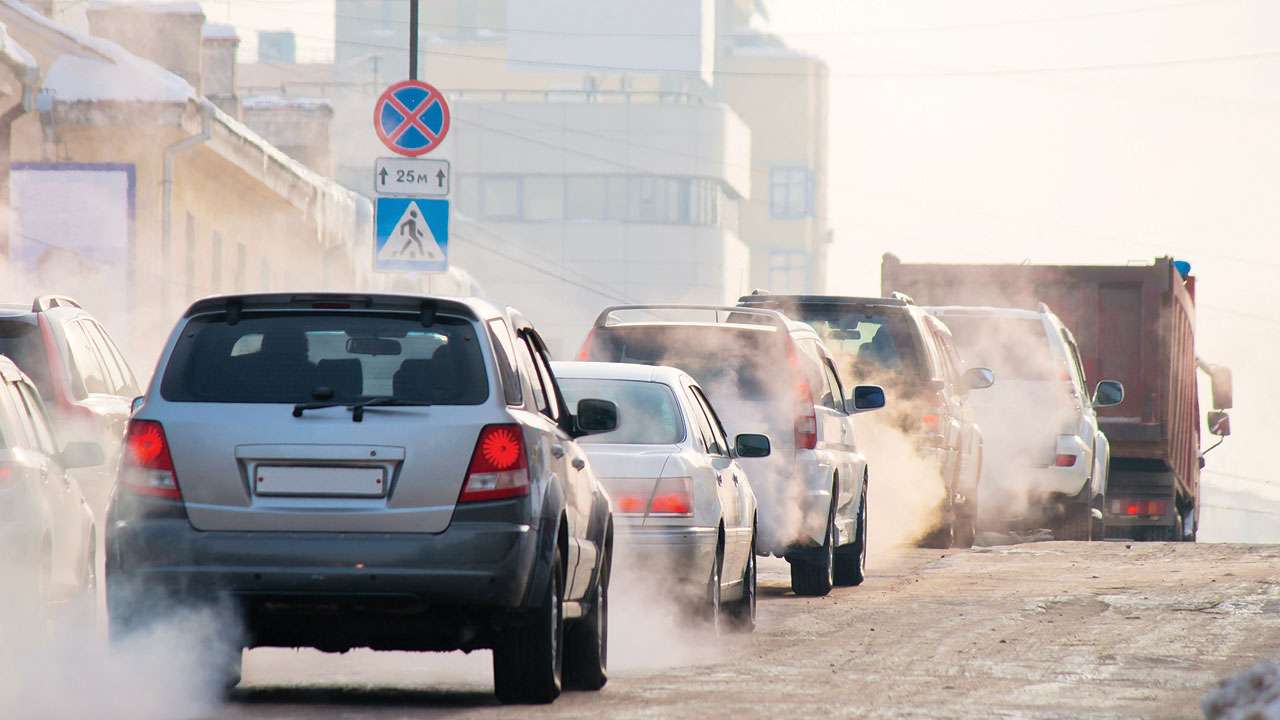CO2 emissions in 2018 rose to 120.8 grams per km, up 2 grams from the previous year.
Automakers need to slash their emissions by 27 per cent against 2018 levels to meet stricter EU pollution targets and avoid fines. The 2020 targets cap average CO2 emissions from new cars at 95g/km.
In 2018, 60 per cent of new cars were gasoline, while diesels accounted for 36 percent, according to the EU.
Emissions were also affected by changing consumer preferences, with buyers leaning toward larger and heavier gasoline-powered SUVs. Their market share rose to 35 per cent in 2018 from 29 per cent.
“New registrations of zero- and low-emission cars increased in 2018 but represented only around 2 per cent of new car registrations, compared to 1.5 per cent in 2017,” the Commission said.
Reducing emissions from transport is one of the biggest challenges for the EU, which wants to become climate-neutral by 2050 under the ambitious Green Deal strategy.
The Commission is considering even stricter goals for car pollution and an extension of the region’s carbon market to cover road transport.













